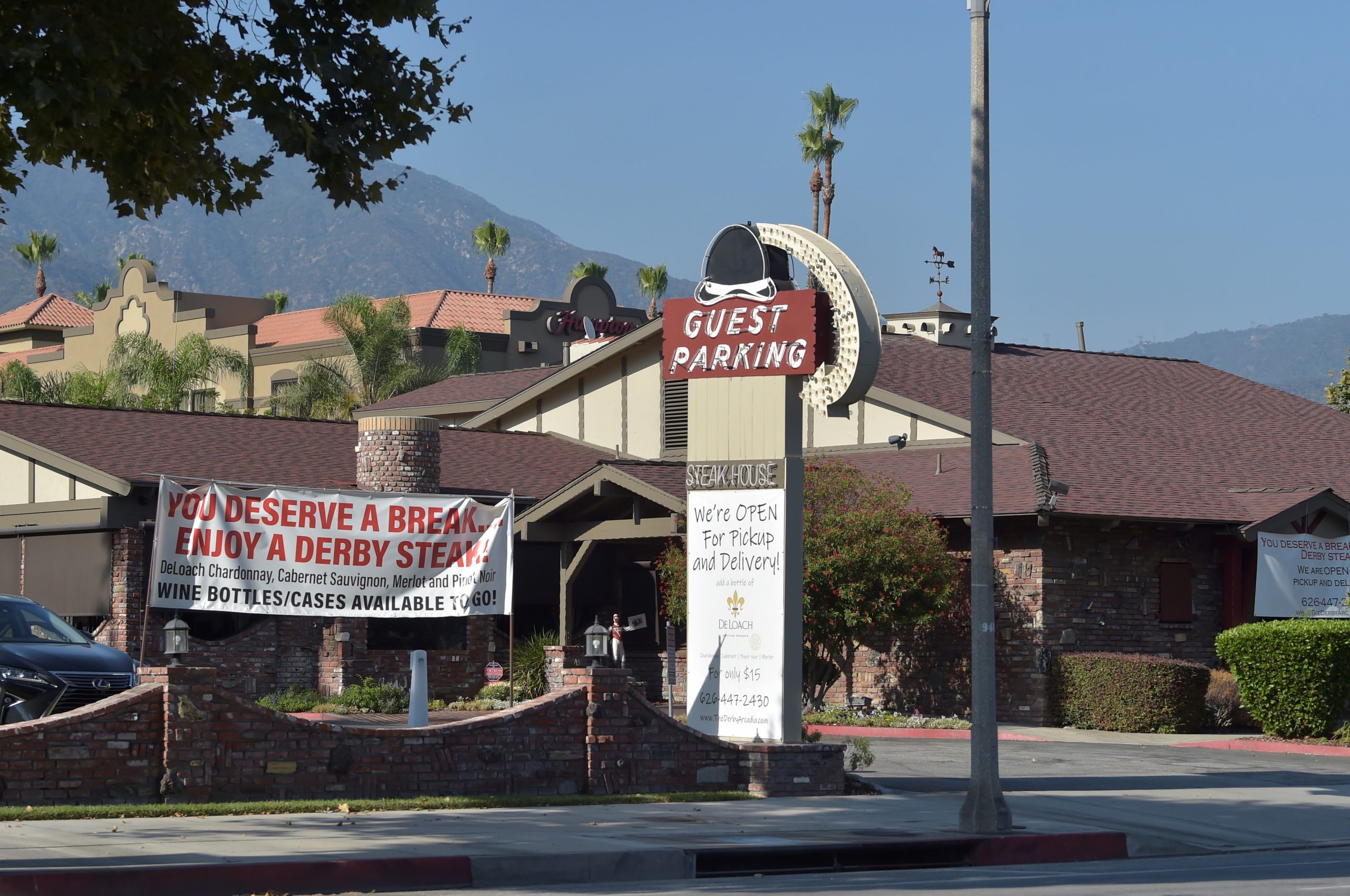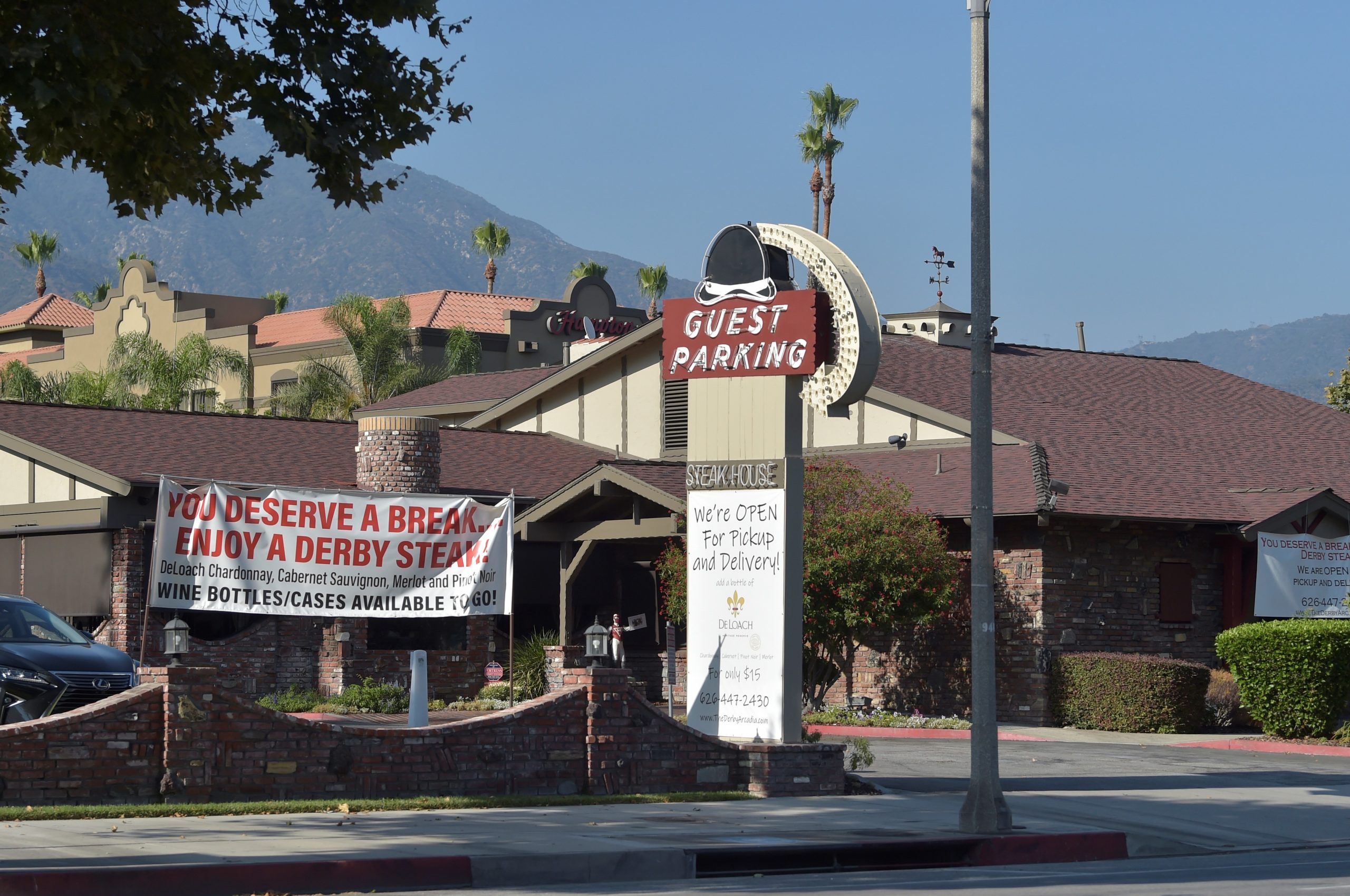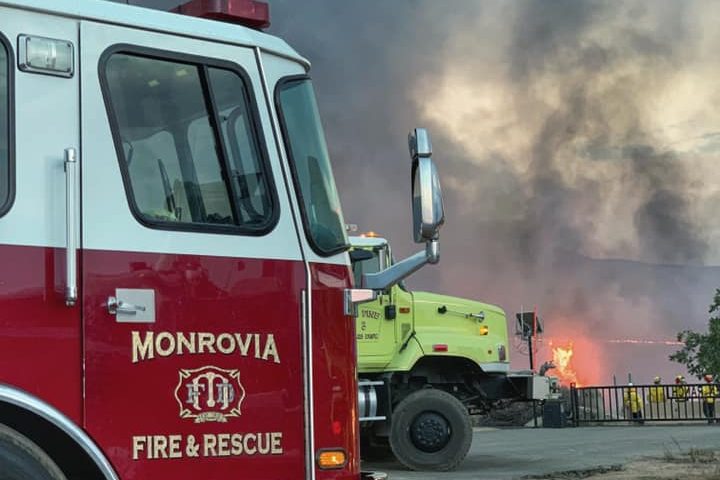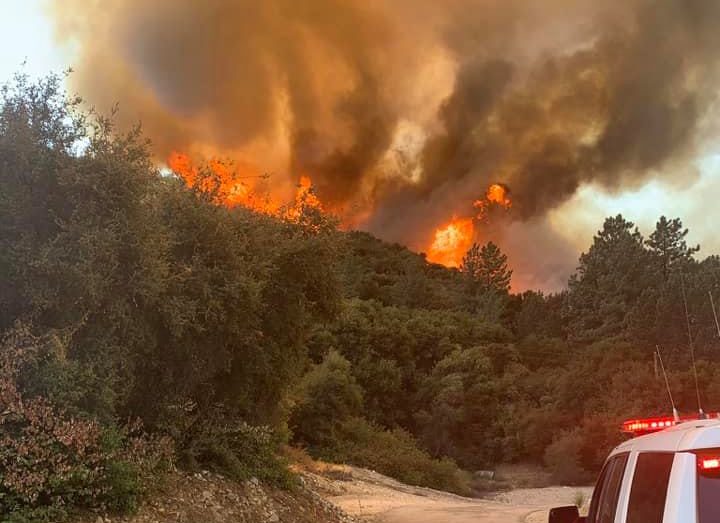
There has been much publicity and confusion about a proposed mixed-use development in Arcadia that could quite literally move The Derby restaurant. We asked a local historian for his thoughts on the history and possible relocation of the famous landmark. While the initial plans do not call for demolition, some in the community are fearful that history will repeat itself like the 1999 saga involving Anoakia where a major historic residence belonging to the founder of Arcadia’s daughter, Anita Baldwin, was razed and duly replaced with what have become known as multi-million dollar “McMansions.”
“While it isn’t an historic residence, it is an historic structure, and my thoughts about both are the same,” says Steve Baker, noted local historian.
“Whenever we demolish either, we lose part of the fabric of our society and our collective heritage. I have frequently quoted Bronson Pinchot on the subject of old houses, and I believe the same holds true for historic structures,” he shares.
Asked about the importance of old homes and buildings, Baker said:
“It’s got all the soul of everyone who’s ever touched it and lived in it, so it means that a house from 1820, or 1840, or 1780 has all the children that slid down the banister. That is in the grain of the wood. And it is profoundly meaningful. People often say that when they go to a house when they know who lived there, Monticello or Mount Vernon, they feel something. But just because you don’t know them doesn’t mean you can’t feel them.
“In the case of The Derby, I would say it’s got all the soul of everyone who ever celebrated a win at the track, celebrated a birthday or anniversary, attempted to drown their sorrows (or losses at the track) at the bar, or relished a favorite steak or dessert delicacy. It has the imprint of generations of waiters, waitresses, bartenders, chefs, hostesses and kitchen staff as well. Sure, you can reopen elsewhere, but you cannot replicate what exists at that place! It goes on the ash-heap of history when the bulldozers roll. Silly humans, who think that only the material is real, and that what is past is dead. As William Faulkner said, ‘The past is never dead, it’s not even past.’ I learned this when I experienced being present at a health crisis involving my uncle, grandmother, and great-grandmother in 1909. When I heard the story, I was in the same room where it originally occurred, and I swear I was a witness. The emotion of that event was still in the grain of the wood and, evoked by my grandmother, was still accessible.”







